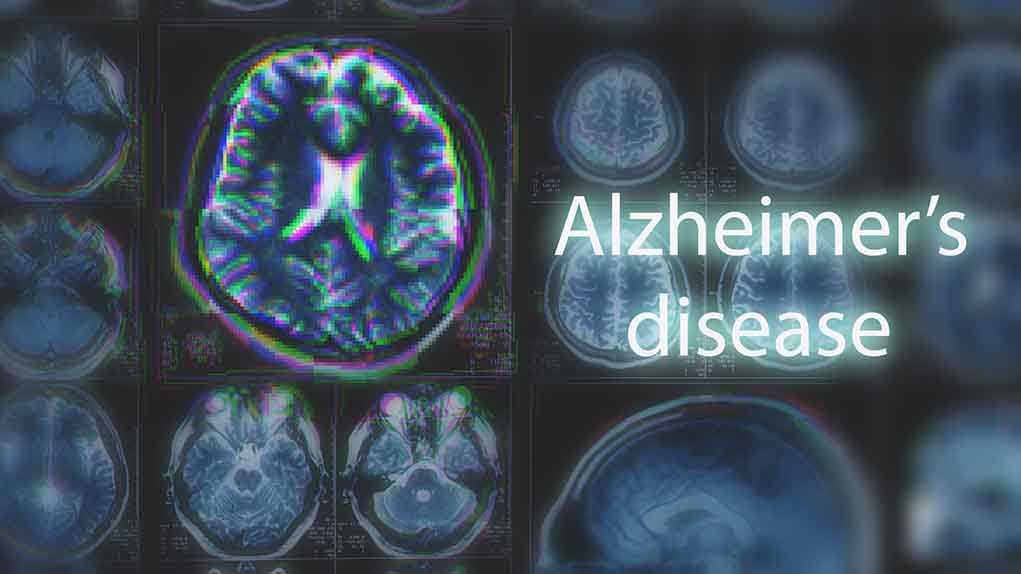
Delving into the intricate relationship between superstition and stress management sheds light on broader implications for mental health resilience.
At a Glance
- A significant portion of the U.S. population identifies as superstitious, impacting their stress coping mechanisms.
- Superstition can reduce anxiety by providing a false sense of control.
- A study connects higher traditional paranormal beliefs with decreased stress management ability.
- Research highlights the persistent nature of superstitions despite their irrationality.
Superstition’s Global Prevalence and Psychological Mechanisms
Superstitions pervade societies globally, with a notable influence in the United States where a significant number of individuals, especially younger ones, identify as superstitious. Despite their known irrationalities, these beliefs persevere, possibly due to psychological mechanisms such as the dual process model of cognition. This model explains how humans process information through both intuitive (fast) and rational (slow) thinking. Interestingly, error detection does not always coincide with correction, allowing superstitions to maintain their grip.
To comprehend the continued reliance on superstition, research indicates that these beliefs offer a perceived sense of control, alleviating anxiety in uncertain situations. Such a benefit makes superstitions appealing during times of stress, even when those beliefs are acknowledged as nonsensical. Stuart Vyse, a noted scholar on the psychology of superstitions, points out, “[O]nce you know that a superstition applies, people don’t want to tempt fate by not employing it.”
Research Linking Superstition, Stress, and Performance
Empirical studies reinforce the idea that superstitions serve psychological and performance-enhancing functions. As Vyse articulates, “There is evidence that positive, luck-enhancing superstitions provide a psychological benefit that can improve skilled performance” (Source #1). This effect is evident in various domains, such as sports and cognitive tasks, where a reduction in anxiety through superstitious acts enhances confidence and focus.
“The “thinking fast and slow” model “must allow for the possibility that people can recognize — in the moment — that their belief does not make sense, but act on it nevertheless,” writes the author,” said Jane Risen.
Significant research also recognizes a connection between stress levels and an increase in superstitious behavior, particularly among individuals with a high Desire for Control (DC). Under stress, these individuals exhibit more pronounced superstitious tendencies as they seek control over the uncontrollable, according to Sage Journals.
Superstitions, OCD, and Paranormal Beliefs
In complex cases, superstitions intersect with obsessive-compulsive disorder (OCD), sharing traits like ritualistic behavior aimed at harm prevention. While they may involve different brain areas, the connection remains a subject of scholarly debate. This nuanced relationship demands a sensitive approach from healthcare professionals when distinguishing between superstition and OCD.
“Findings support the notion that traditional paranormal belief is associated with external control, specifically the notion that unknown supernatural forces/powers influence existence. However, additional research is still needed to further explore these fascinating relationships in connection to perceived stress, well-being, and coping styles,” per the New York Press.
Furthermore, research from Manchester Metropolitan University utilized the Revised Paranormal Belief Scale, linking higher scores in traditional paranormal beliefs with increased distress and reduced stress management ability. Yet, belief in new age philosophies, such as psi, showed no notable impact on coping ability. These insights prompt a reevaluation of how superstitions and beliefs integrate into stress resilience and mental health strategies.











